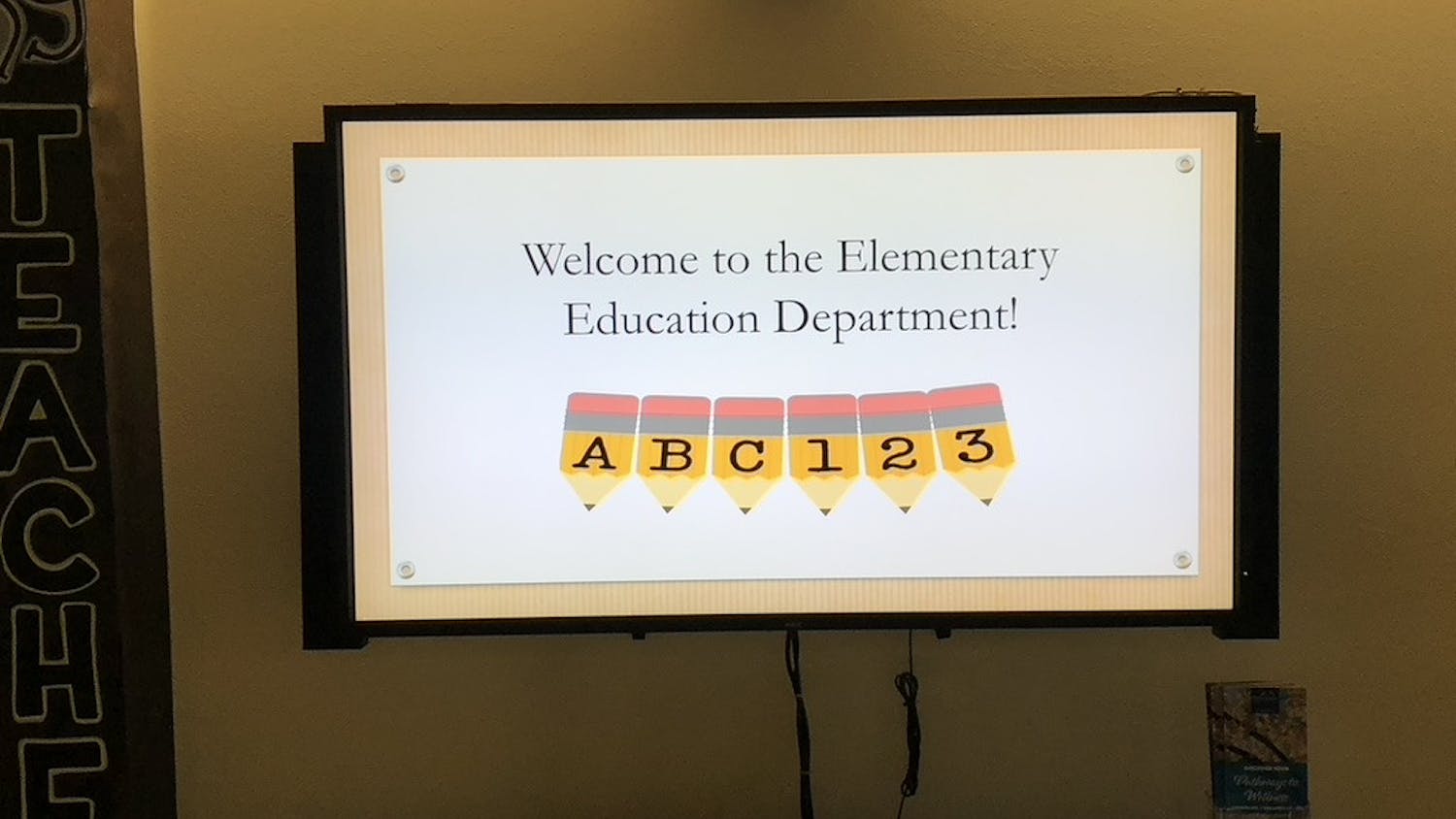by Mikhaela Woodward David J. Trimbach is studying important policy changes and community activism through a familiar lens: the meanings and emotions behind the places we call home. Trimbach is a postdoctoral research associate in the Department of Fisheries and Wildlife at Oregon State University. In his presentation “Place Matters: Understanding Sense of Place for Communities, Policy, & Planning” on June 28 in Wilson Library, Trimbach explained “sense of place” is measured by attachment, dependence, belonging and meaning. He stressed what citizens gain from living in a place, whether it’s money or inspiration, affects their sense of belonging. Trimbach studied sense of place extensively in post-Soviet Estonia with minority Russian speakers. His case study took place in Narva, a town caught between the east and the west, between Russia and Europe. Sense of place and sense of Russian heritage is so strong in Narva that the town itself is considered many citizens’ homeland, Trimbach said. “If people left Narva, they would say they’re going to Estonia, even though they’re in Estonia, and they’re only going to the next town over,” Trimbach said. “In their mind, it’s a completely different place.” Trimbach completed many of his studies of sense of place by using cognitive mapping. Cognitive mapping requires participants to draw maps of what people consider their homeland, and then describe what they drew. It can entail listing terms and answering quick questions to elicit a feeling. Trimbach is engaged in similar studies regarding the Puget Sound. A survey by Trimbach on sense of place in the Puget Sound revealed a positive response in pride about being from the Puget Sound area, he said. Some of the questions focused on feeling connection with the area and the environment, as well as having a stewardship for it. The largest percentage of agreement in the survey was on the statement, “I have a stewardship for the environment of the Puget Sound.” “Whether or not this translates into action, I’m not sure, but research shows that it should,” Trimbach said. Trimbach said sense of place may impact the likelihood of caring about the environment and wanting to take care of it. Bellingham native and Western environmental studies and urban planning professor Tammi Laninga said she feels a strong sense of pride for where she’s from. She said she bikes and takes the bus almost everywhere to keep her home clean. “One thing I think about a lot is the impact that my transportation decisions have on the place that I live,” Laninga said. “I care about the environment, and I want to reduce my carbon footprint, and that has to do with the fact that I want to be someone who’s contributing to making [Bellingham] a better place.” When you engage physically in an action with the Puget Sound, it increases your likelihood to want to engage in restoration projects, Trimbach said. Library Communications Manager Clarissa Mansfield said she hopes the event gave the audience something new to consider or question. “I also hope the event raised awareness of the unique collections at the library, and in this particular case, the collections at the Center for Pacific Northwest Studies, that are available for use by students, faculty, staff, and community members,” Mansfield said. Trimbach will continue to collect data, work with different communities in the area and engage them in cognitive mapping exercises. His next project is mapping shorelines and researching how sense of place relates to shoreline policy development.





